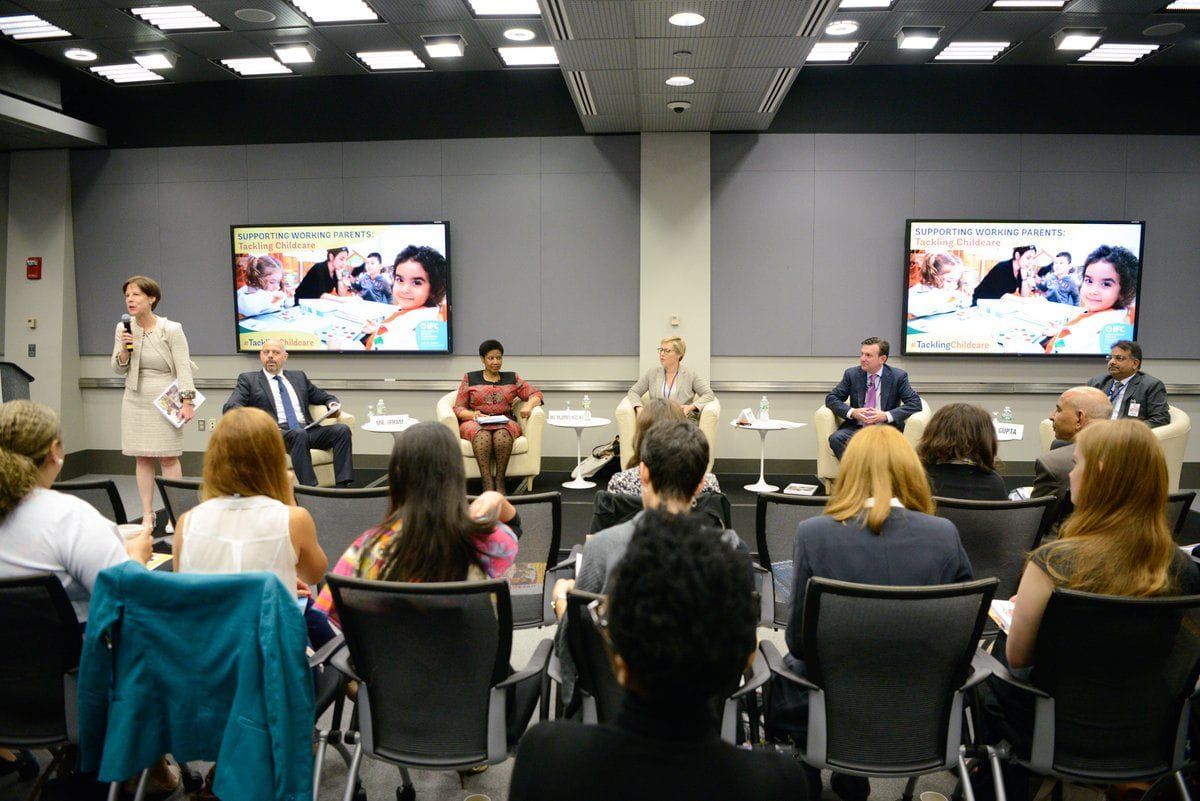When you're a top hospital caring for more than a half-million patients 24-7, you can't afford to have employees missing work.
But that was a risk at Memorial Sloan Kettering Cancer Center where a multi-national workforce didn't have family to rely on in a pinch.
"Our nursing staff was saying that they were having trouble getting to work sometimes when their child care fell through," says Amy Rabinowitz, manager of work/life and recognition at Memorial Sloan Kettering, one of the world's top cancer care facilities.
"We have a lot of employees who come from a lot of different countries. A lot of them don't have any kind of relatives, any kind of family supports in the area," says Amy.
Making the Case for Back-Up Care
Filling the gap led the hospital to add back-up care - last-minute child care available to employees when their regular arrangements fell through. Adding it, says Amy, solved multiple problems, helping employees get to work and ensuring medical procedures run on schedule. "We really need our people to be there," she says.Happy Employees Stick Around
The program is part of the hospital's larger platform designed to help employees balance demanding jobs with personal lives. "Everything has been a benefit to all our employees," she says, "no matter where they live, where they work."
The fringe benefit is the recruitment and retention power.
"It gives us a little bit of a competitive advantage," says Amy. "People like the fact that it's there if they need it...and because they love the benefit, it really does help with retention. If they go someplace else they may not have that benefit and they know it's really valuable to them."
Watch the video for the full story and to find out what back-up care can do for you.





